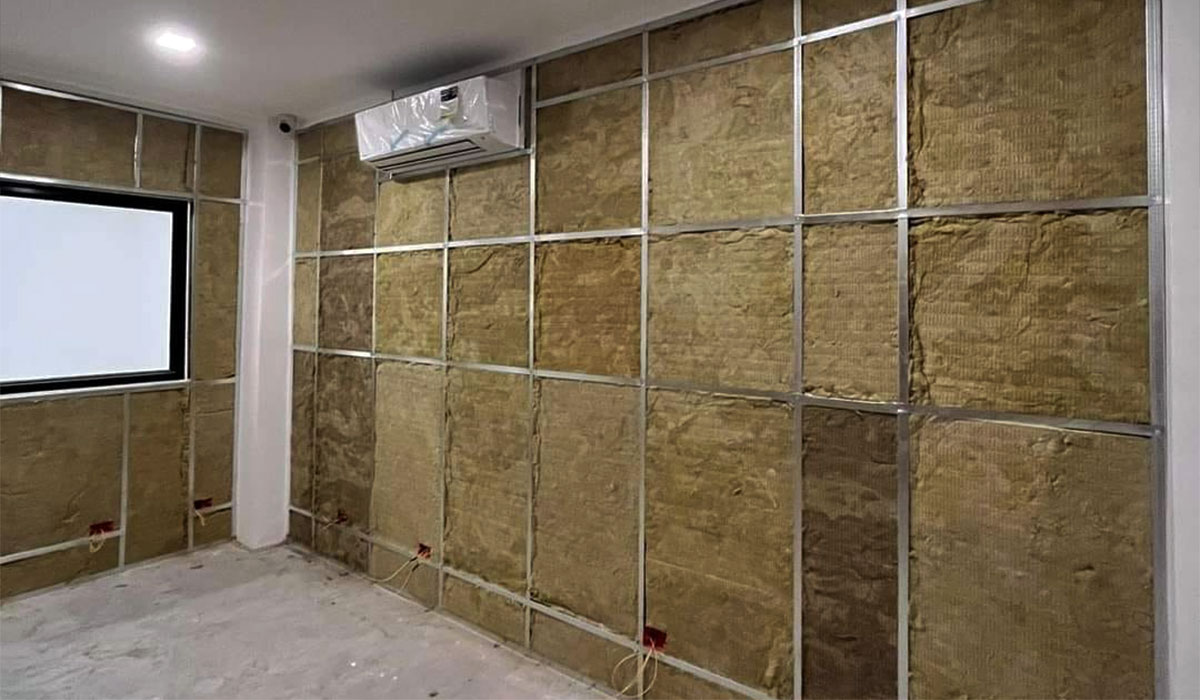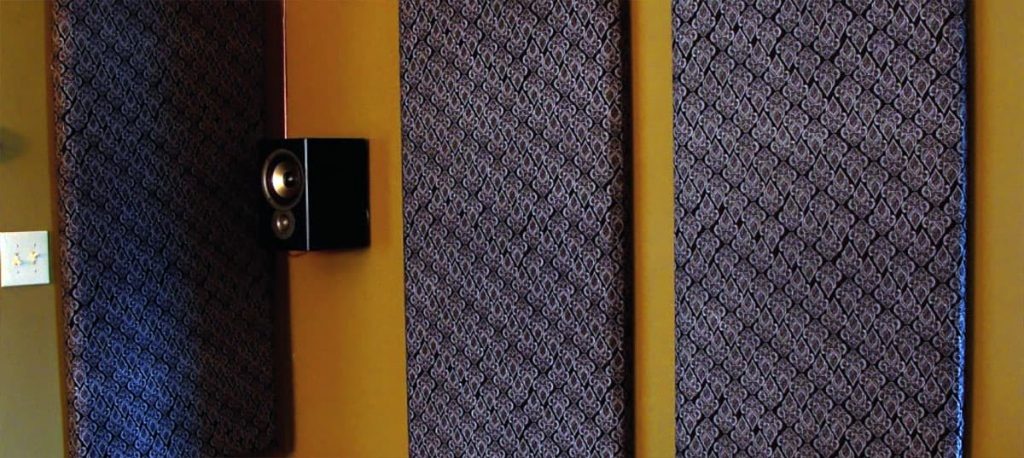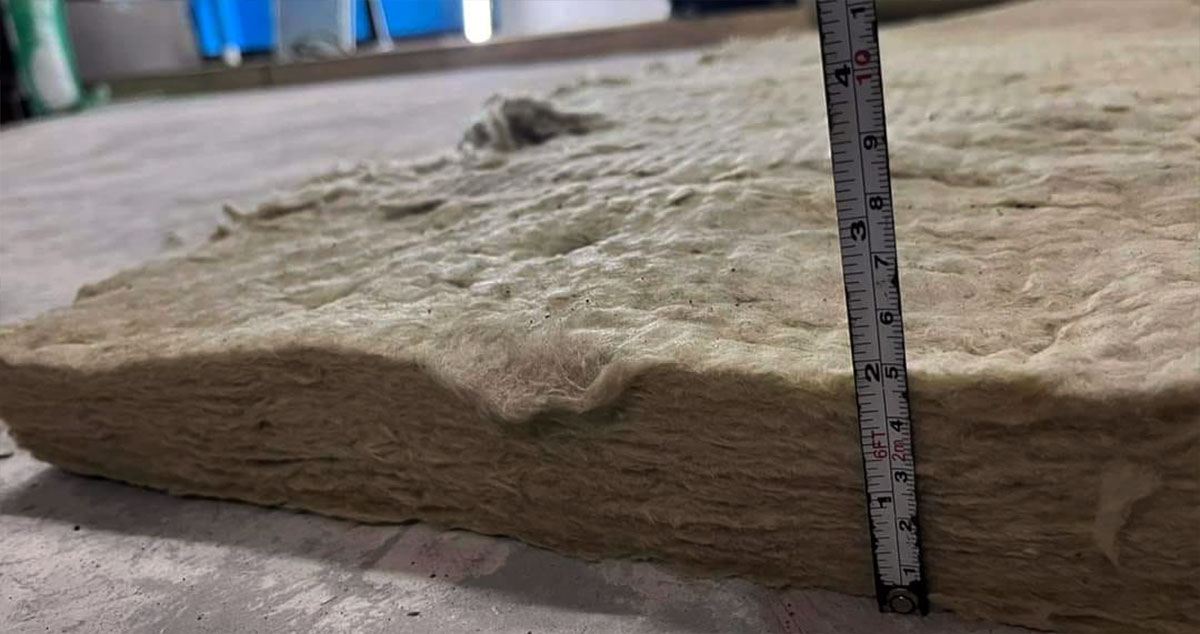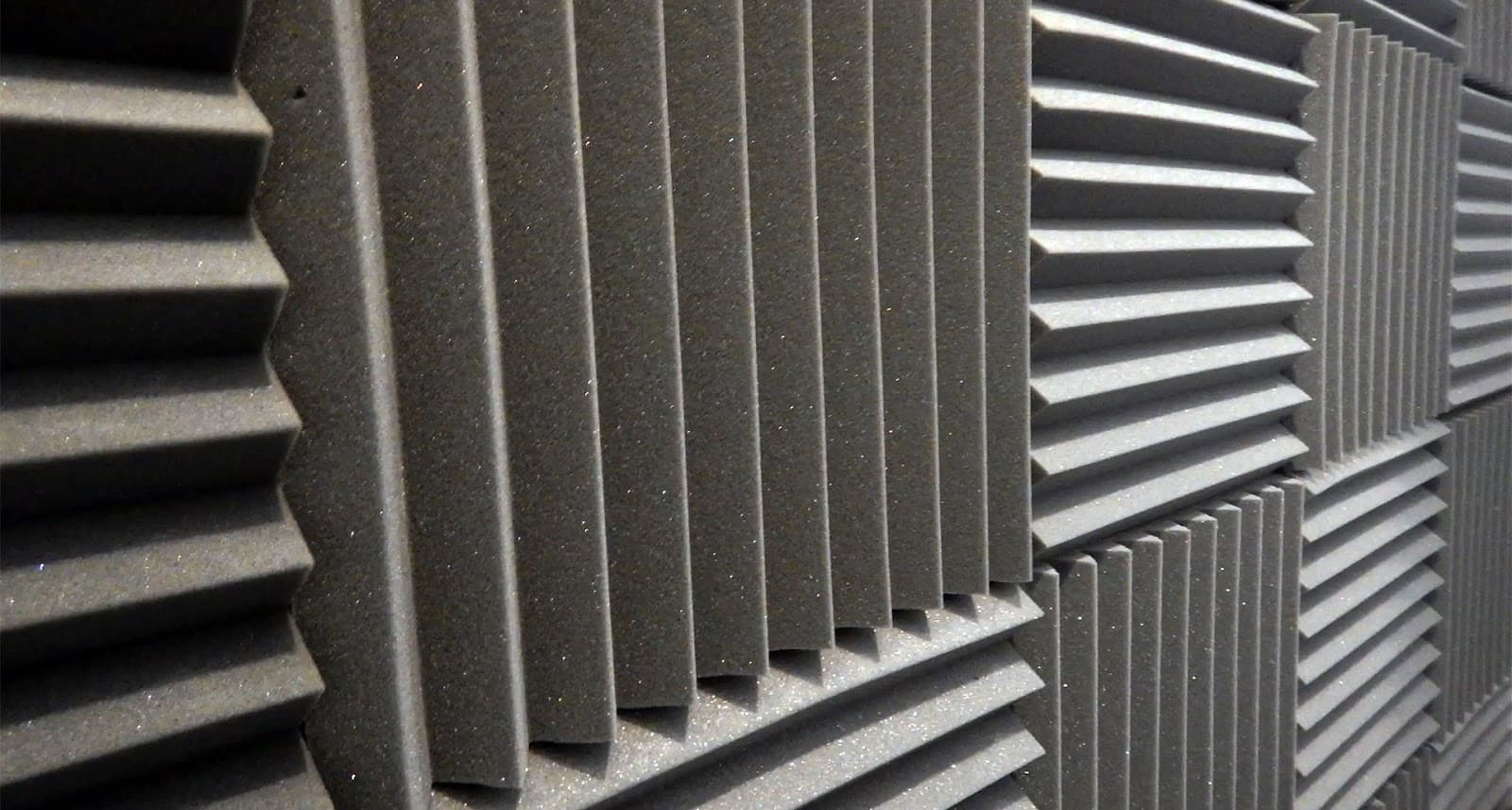If you're like me, you know a great home theater is more than just a big screen and seats. Home theater soundproofing is an essential step, not only to keep the peace with your neighbors but also to ensure you're getting the absolute audio experience.
Let's face it, nobody wants their epic movie moments interrupted by outside noise or complaints from the next room. Plus, soundproofing isn't just about keeping sound out - it's also about optimizing the sound within your space. This means every line, every explosion, and every subtle soundtrack detail is crystal clear, just as the director intended.
So, let's find out how to transform your home theater into a silent oasis for cinematic bliss. Your ears (and your neighbors) will thank you.
 Soundproofing basics
Soundproofing basics
In simple terms, soundproofing controls the sound in and around your home theater. It's a game-changer for movie-watching. Why? Because great soundproofing means you're immersed in the film without any outside distractions. Plus, it's a courtesy to others in your home or neighbors who might not share your love for loud action scenes at midnight!
We need to consider two main types of sound insulation: sound isolation and sound absorption. Sound isolation is like creating a barrier. It keeps the sound from escaping your theater room (and vice versa), so you're not bothering anyone else. On the other hand, sound absorption is about tweaking the acoustics inside your room. It prevents echoes and ensures the sound quality is just right - crisp, clear, and balanced.

Soundproofing materials and techniques
Over the years, I've tried a bunch of different materials and techniques to get that perfect, disturbance-free movie experience. Here's the lowdown on what works in creating theater room soundproofing.
First up, we have Mass-Loaded Vinyl (MLV). This stuff is like the superhero of soundproofing materials. It's a dense, flexible material that you can easily install on walls, ceilings, and even floors. Its mass helps to block sound from escaping or entering your theater room. I've used it in my media room, and the difference is night and day – it's like stepping into a different world.
Acoustic panels are another game changer. These panels absorb sound, reducing echoes and reverberation. They come in various shapes, sizes, and colors, so you can actually make them a part of your room's decor. I've placed them strategically around my room, especially on walls parallel to speakers, and it's amazing how much clearer the sound is.
Now, let's talk about insulation. For home theaters, specially designed acoustic insulation can be placed within walls and ceilings. This stuff works wonders in reducing sound transmission to and from adjacent rooms. It's a bit of a task to install, but it's worth it.
But materials are just part of the story. The principles of decoupling, damping, and mass are paramount in sound insulation design. Decoupling involves physically separating the parts of a structure to prevent sound transfer. Think of it like building a room within a room. It might sound extreme, but it's super effective.
Damping, on the other hand, is about controlling vibration. Special damping compounds can be applied between layers of drywall to reduce the vibration that turns into noise. And we've already touched on mass – the heavier and denser the material (like MLV), the better it is at blocking sound.
When choosing materials for your home theater or media room soundproofing, think about your specific needs. How loud do you like your movies? Are there shared walls with neighbors? Consider these factors, and don't hesitate to mix and match techniques. Sometimes, a combination of materials and methods delivers the greatest results.
 Soundproofing doors and windows
Soundproofing doors and windows
You see, even if you've got the walls and ceiling sorted, ignoring doors and windows is like inviting a marching band into your movie marathon. First, consider upgrading to specialized acoustic doors and windows. I did, and wow, what a difference! These aren't your average fittings; they're designed specifically to block sound. If replacing doors and windows sounds like a big step, there are simpler options. I started by adding weather stripping around my existing door, and it significantly cut down the noise.
And don't forget about the windows! Soundproof curtains or blinds are incredible. They not only block external noise but also improve the acoustics inside the room. Plus, they give your space that cozy theater vibe. I picked some thick, heavy curtains, and they work like a charm. It's all about creating that perfect, uninterrupted cinematic atmosphere.
